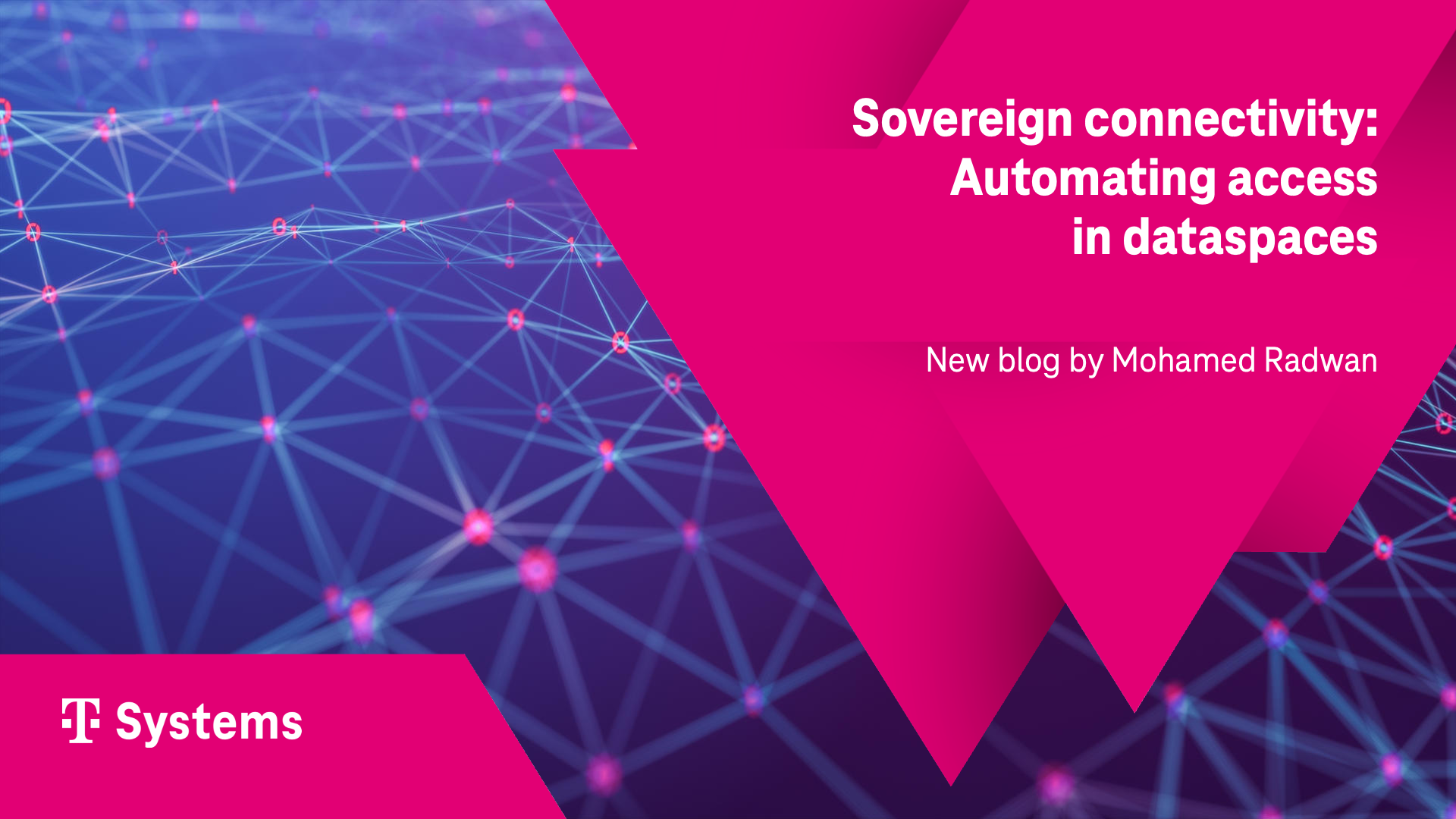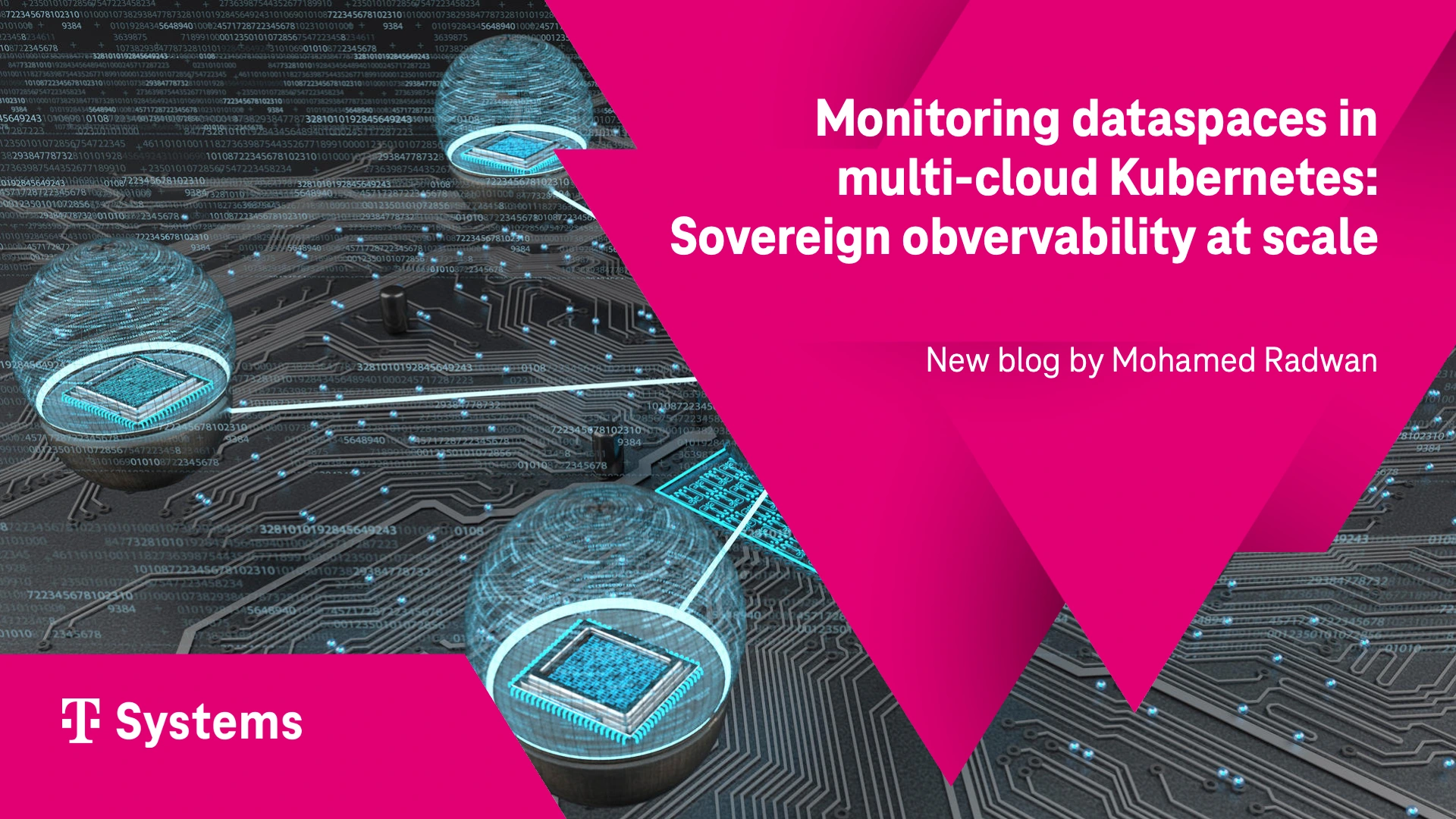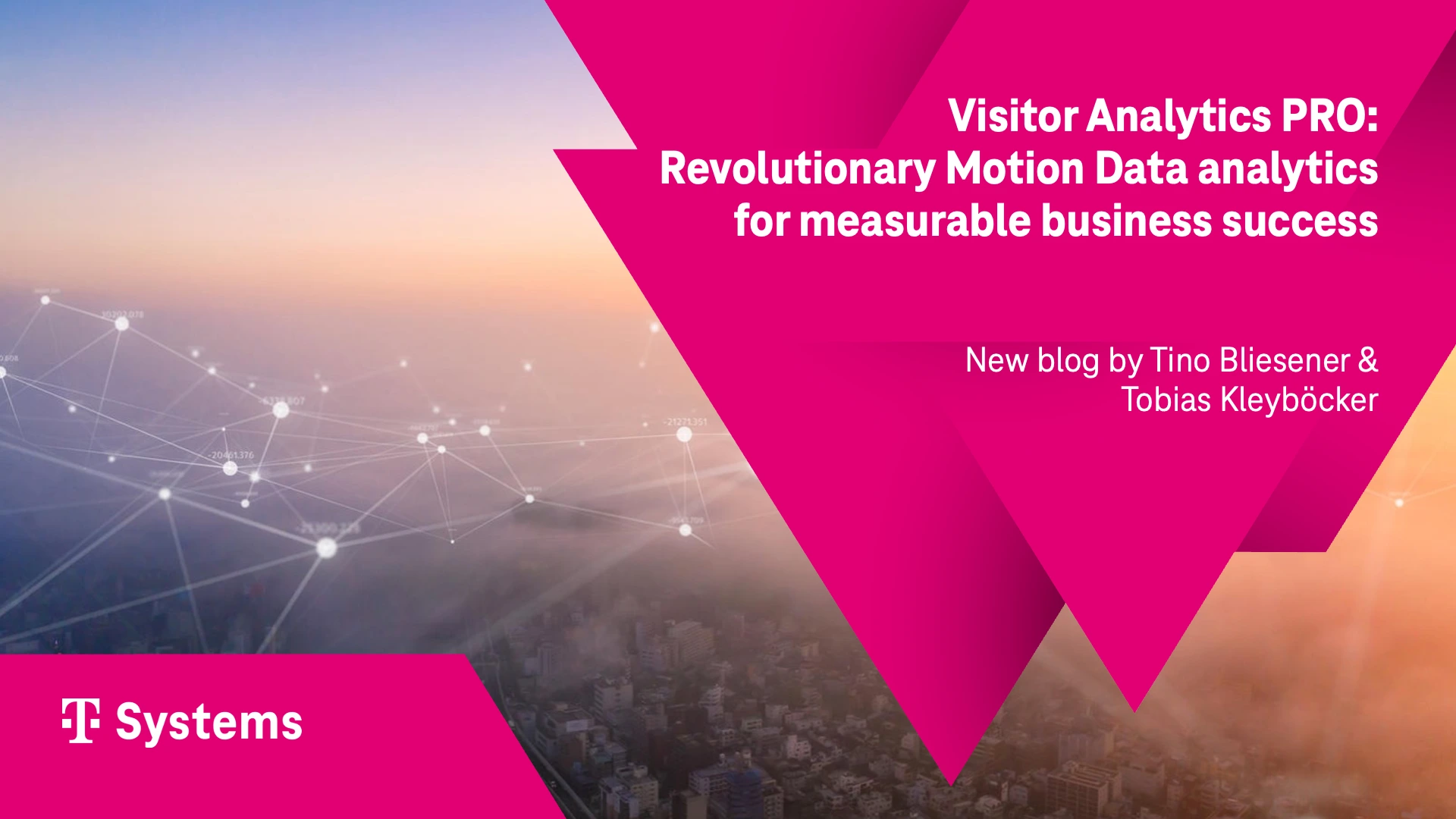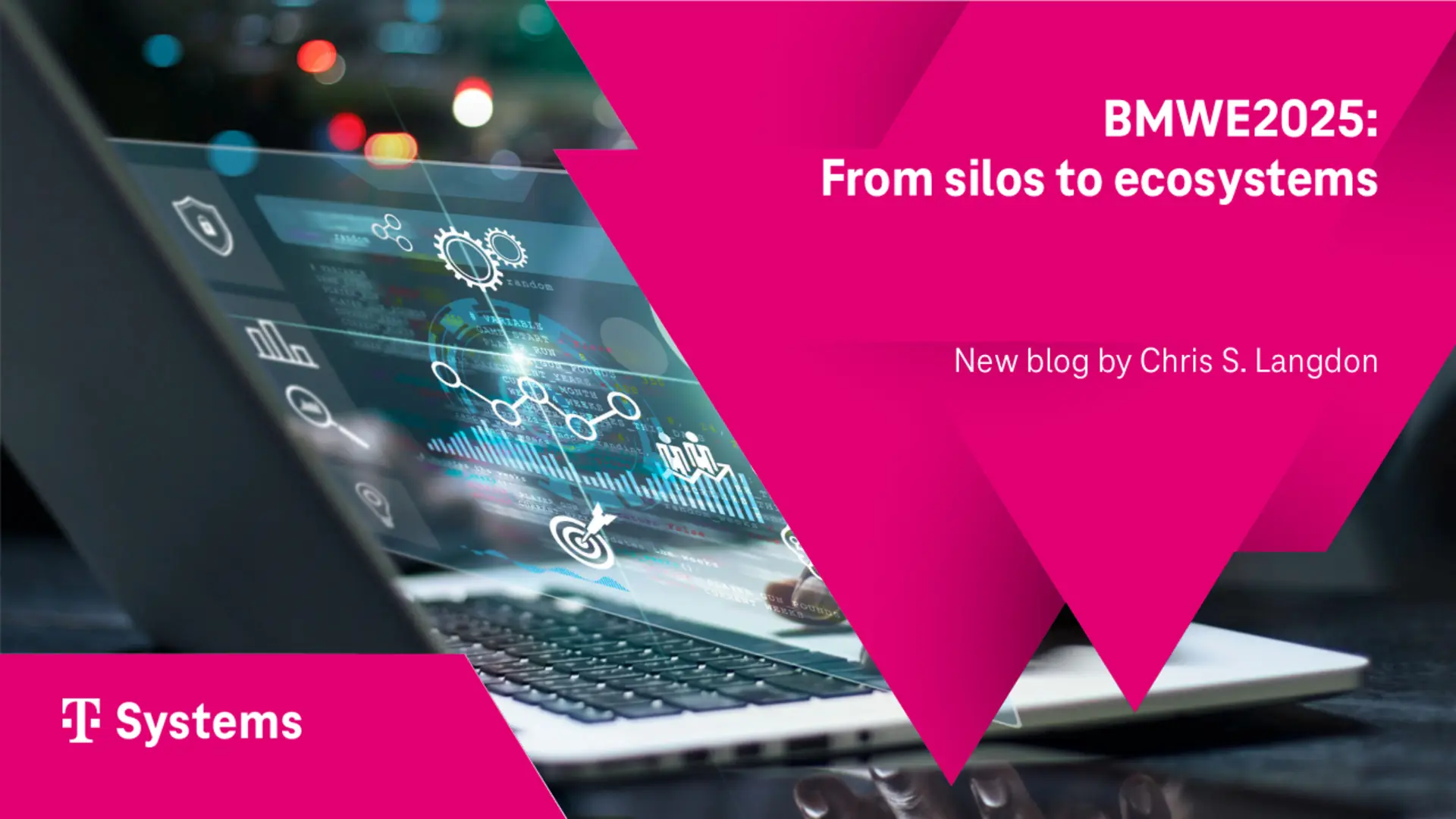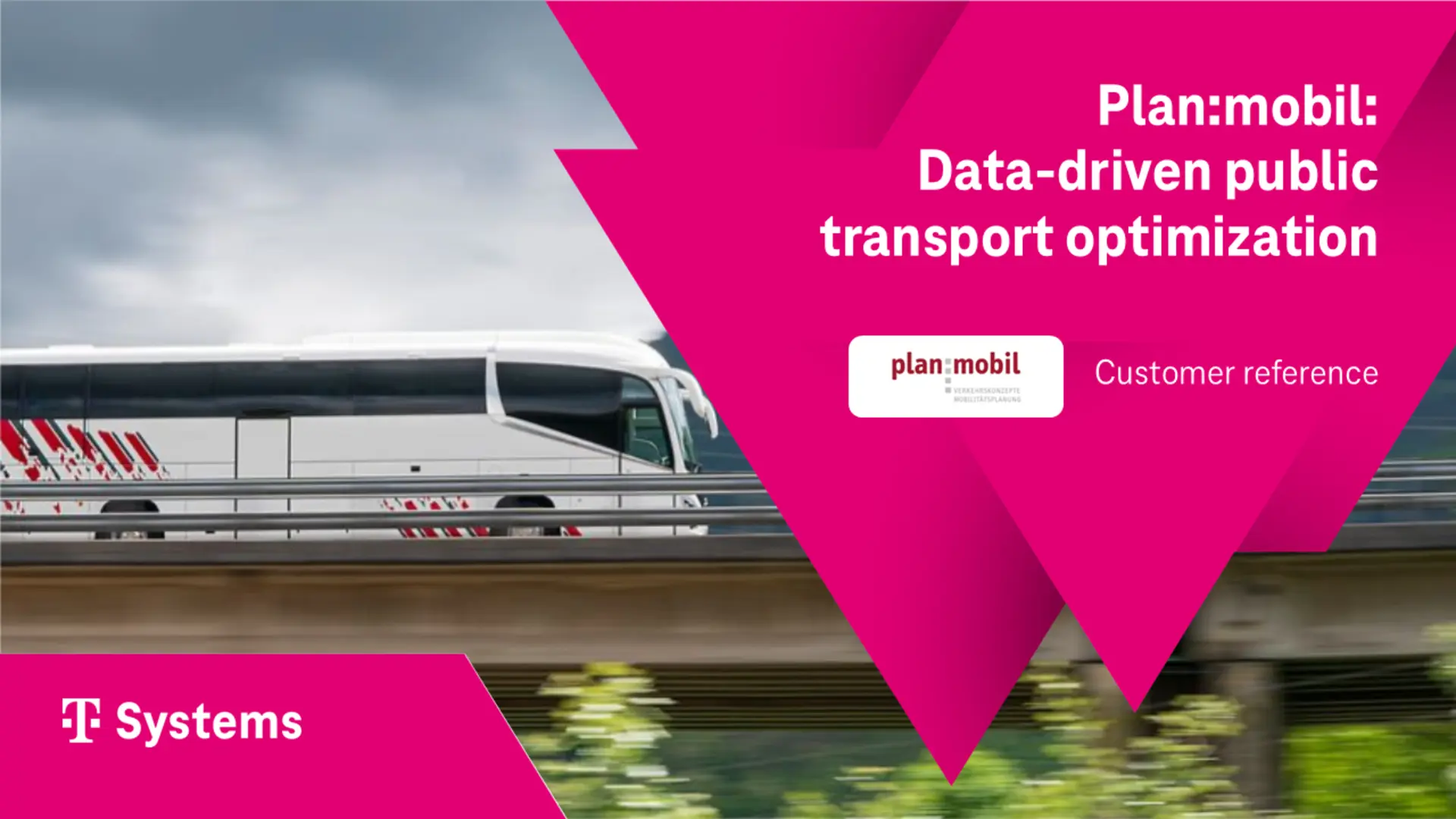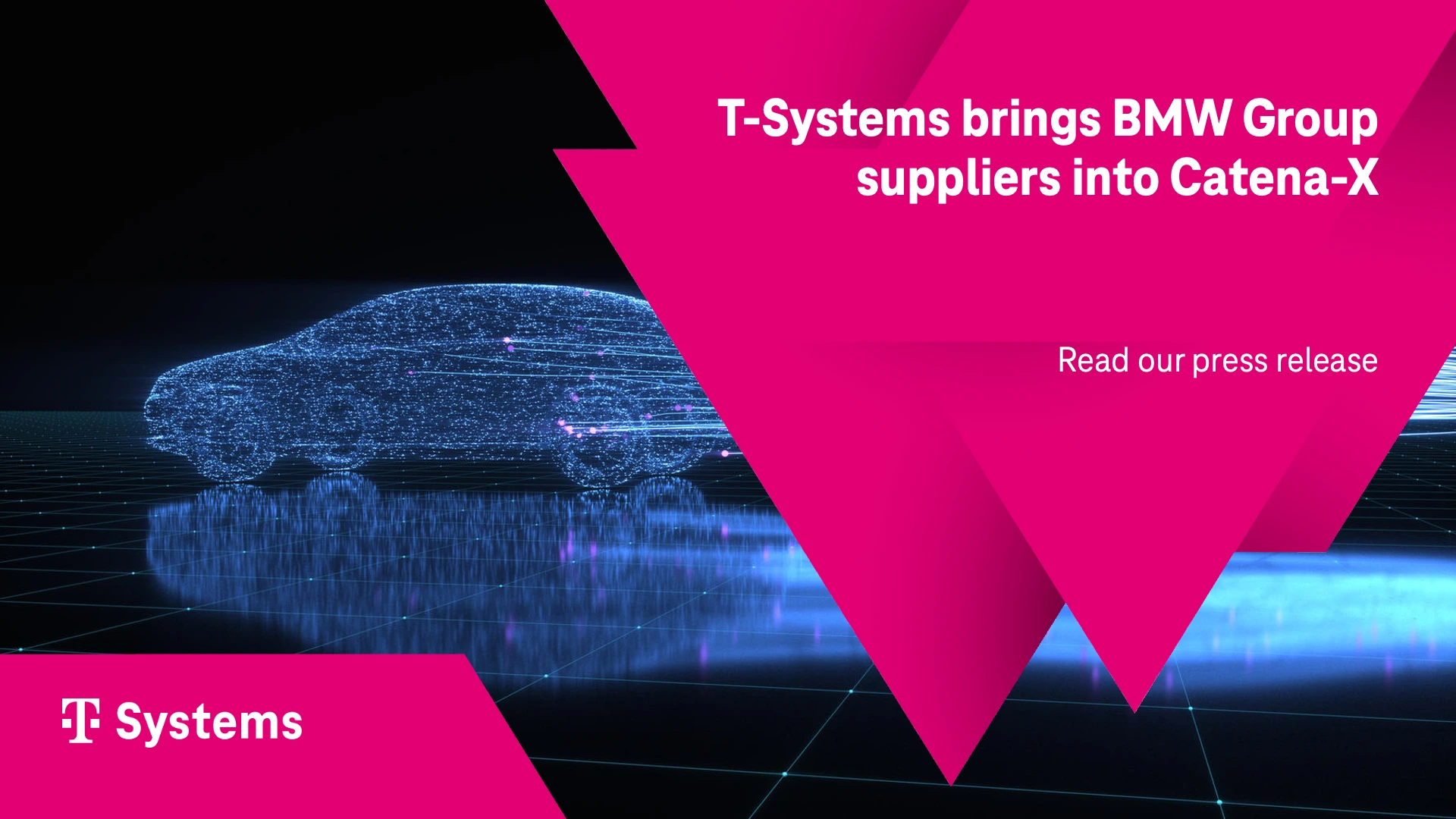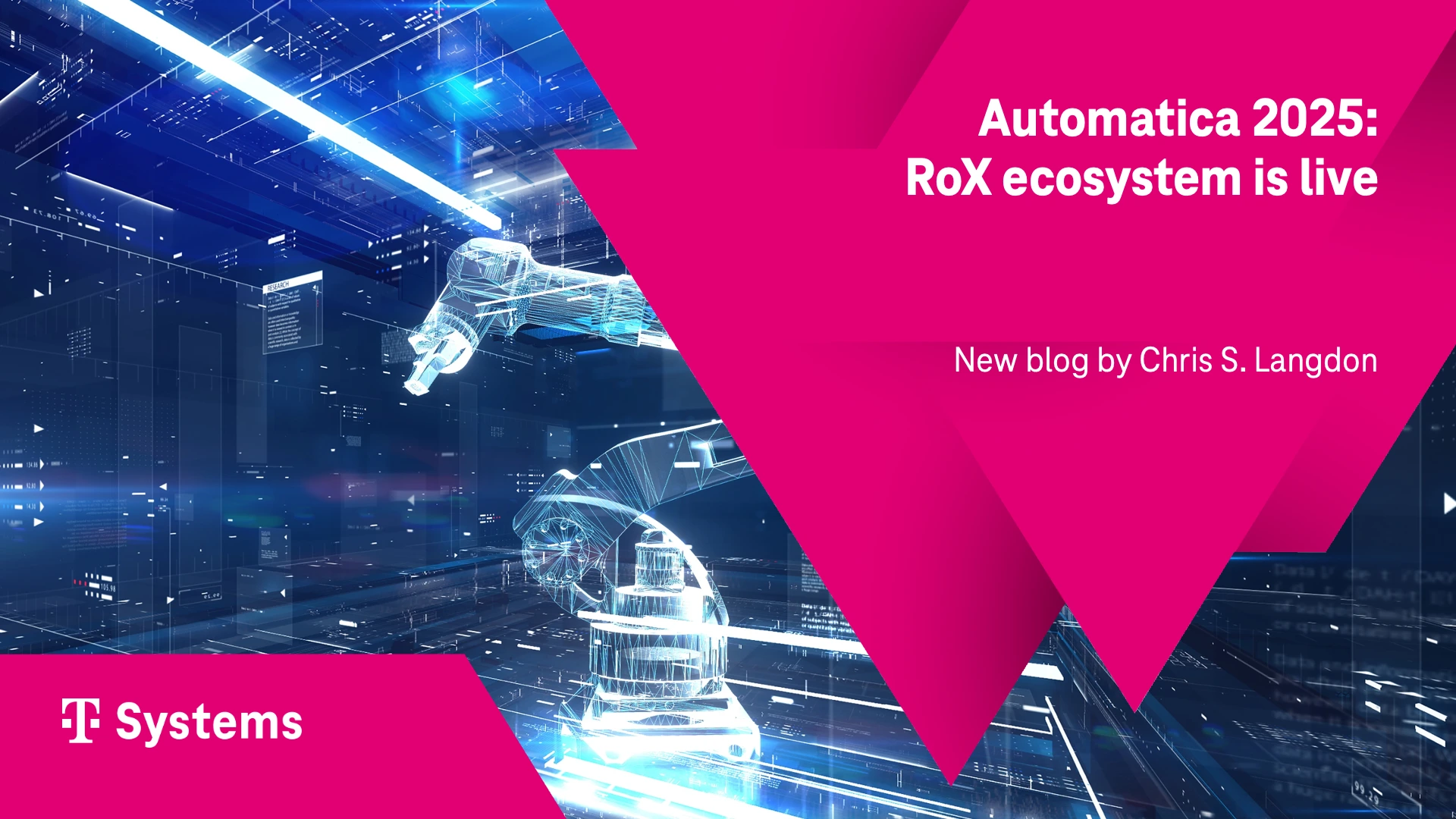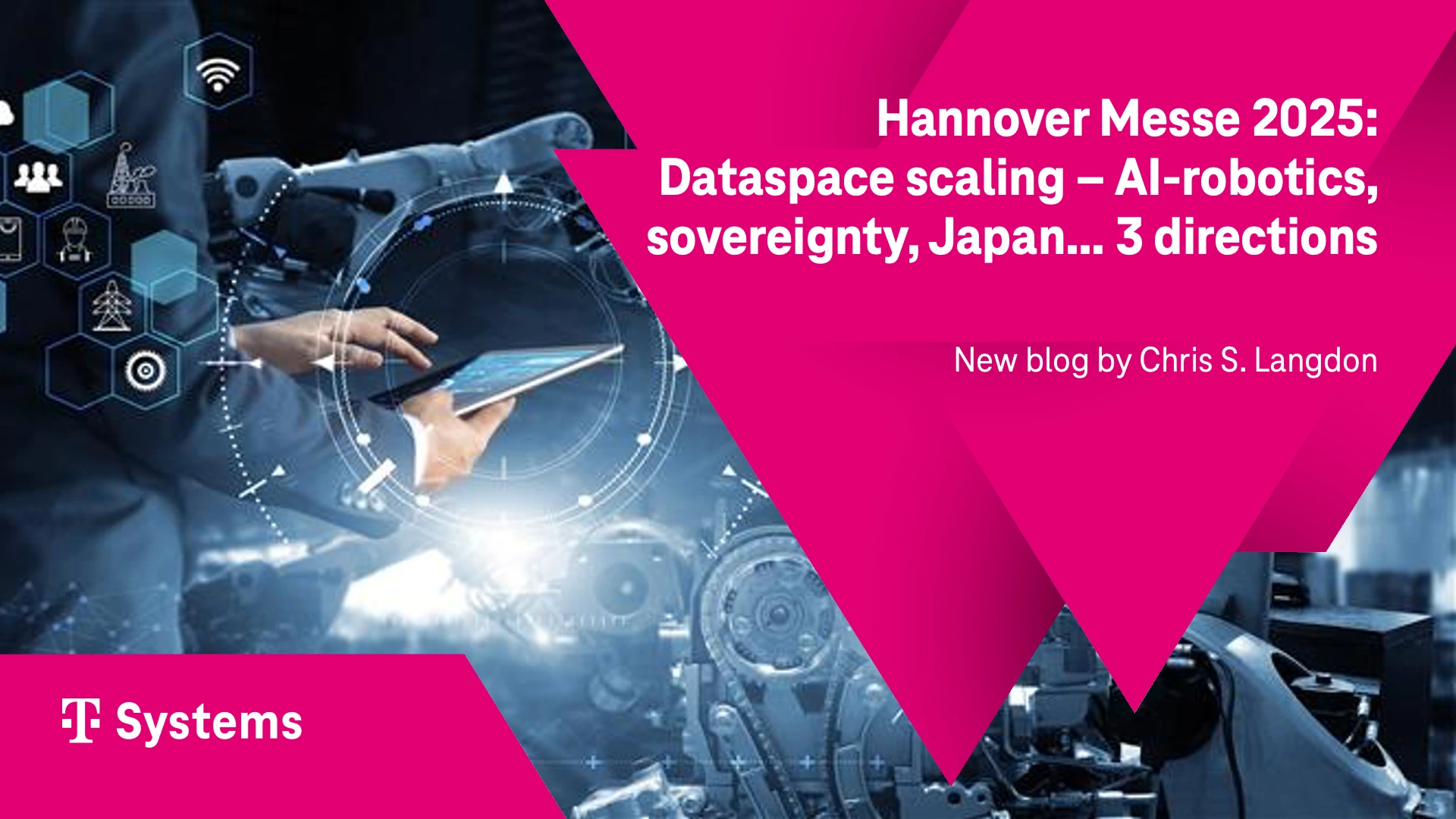In Industry 4.0, Germany has a globally recognized brand. Many countries have defined strategies for orienting production to German standards. For example, Industry 4.0 and the “Made in China 2025” plan have supported China’s “Initiative to Strengthen Chinese Industry”. In addition, 20,000 publications on Industry 4.0 have been published in the German-speaking world alone since 2014, of which more than 100,000 are international. The authors include government departments, science and research institutions, universities, associations, companies, consultancies, trade unions and foundations.
Since the launch of the plan in its current form in 2015, work on the “Industry 4.0 Platform” has focused on the following aspects, which are part of an appropriate response to the digitisation of production: standardisation, technology, security, legal framework and the future of work . The debate initially focused on the digitisation of the company’s internal production process (“Smart Factory”). Business model innovations are becoming increasingly common in connection with changes in value creation.
New business models are the fundamental distinguishing feature of future competitiveness. Therefore, the Industry 4.0 Platform Steering Committee has set up a new working group: “Digital Business Models in Industry 4.0”. First results are available:
- The platform formulates 4 solution approaches for 4 central challenges in IT security and works with (inter)national partners to further develop these solution approaches.
- With practical examples, an analysis of operating principles and recommendations for action, the platform shows how the opportunities for data-driven business models can be used in industry.
- More than 120 free information and support services for companies are clearly presented in the Industry 4.0 Compass.
- European, decentralized hyperscaler GAIA-X developed from the center of the Industry 4.0 platform.
IoT means that digitalized products generate a lot of data. Companies are increasingly concerned with challenges related to Big Data, i.e. the collection and use of large amounts of data. Storage and analysis are key factors for success. Being able to use this potential effectively will be one of the most important skills of future industrial companies. This includes not only their own production data, but also data from, for example, customers who use their own products. These investments can be leveraged by building business models that can also provide intelligent services.
The increasing importance of data as a basis for intelligent services requires solutions to exchange and respond to data. One solution is data markets in which data is traded in a trustworthy manner, while sovereignty and privacy of the data is maintained and made available to authorized stakeholders according to high security standards.
The half of the six best-know Usecases for the use of data in Industry 4.0are dependend on data exchange and analytics, namely 3 to 6:
- dashboards for overall transparency (“What’s happening?”)
- condition monitoring to control threshold violations (“What’s getting critical?”)
- collaborative condition monitoring for comprehensive analyses (“What is becoming critical in the interaction of the plant/production line/the entire factory?”)
- anomaly detection (“What begins to behave strangely?”)
- predictive maintenance (“What will happen?”)
- new business models (e.g. selling machine performance instead of machines)
Artificial intelligence (AI) will be one of the key factors in the refinement of data. A breakthrough in artificial intelligence for processing this operational data is imminent or has already begun. The result will be a new level of value creation based on a new, data-driven business model.






